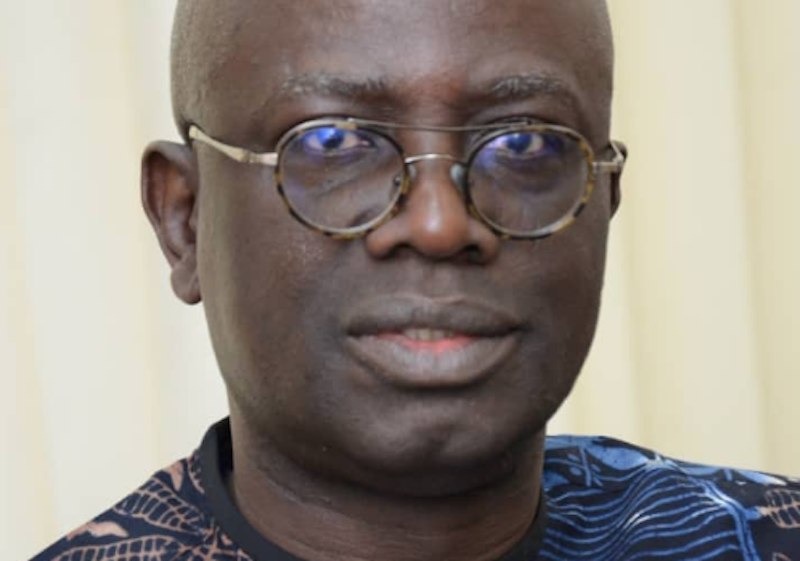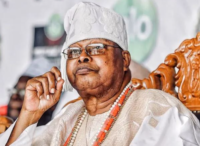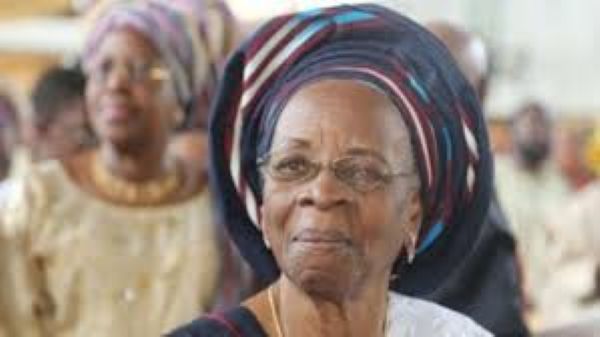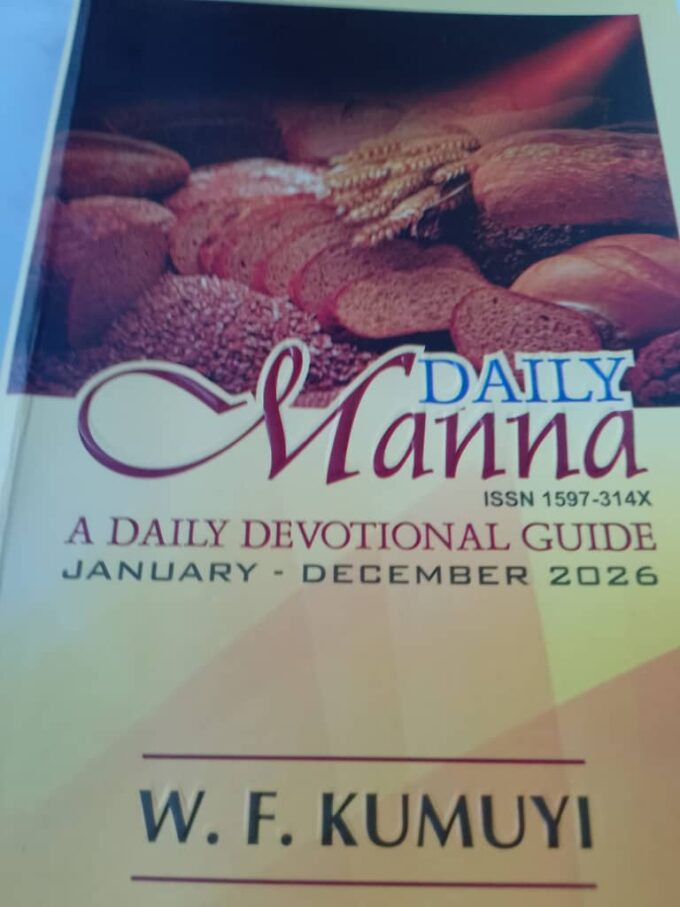Shehu’s book offers valuable insights in political communication, writes OLUSEGUN ADENIYI
When Mallam Garba Shehu handed me a copy of his book, ‘According to the President: Lessons from a Presidential Spokesman Experience’ three weeks ago, I could not help but reflect on the peculiar fraternity to which we both belong: That small circle of Nigerian journalists who have had the privilege and burden of speaking for power at the highest level of government. Having served as spokesman to the late President Umaru Musa Yar’Adua, I understand the weight of crafting words that carry the authority of the Nigerian state, and the delicate dance between loyalty to a principal and fidelity to truth that defines our calling.
The substance of Shehu’s memoir (which will be publicly presented next Wednesday in Abuja) lies in his candid exploration of the mechanics of presidential communication. His discussion of press statements, briefings, and the intricate choreography of government messaging provides readers with rare insights into how policy positions are translated into public discourse and the collaborative processes that shape presidential communications. I know from experience that the pressure to maintain consistency while responding to rapidly evolving political situations requires a kind of professional dexterity that few outside governments fully appreciate.
Incidentally, Shehu’s ‘missionary journey’ to the Villa was in two phases. The first was during the Olusegun Obasanjo presidency as spokesman to then Vice President Atiku Abubakar. That stewardship was marked by intrigues and eventual sack, not by his boss but by the president! His return between 2015 and 2023 was with President Muhammadu Buhari. Both stints in Aso Rock Villa offer valuable comparative insights and the author was candid in his perspectives. But he also offers glimpses on his personal journey as the son of a driver from Dutse, Jigawa State, who struggled to support his family. But the significance of the book lies in its disquisition of presidential communication in Nigeria.
Shehu’s institutional memory allows him to trace the evolution of presidential communication across different administrations, highlighting both continuities and innovations. His frank assessment of working within the Buhari administration demonstrates a mature understanding of how personality and policy intersect in political communication. Without breaching confidentiality or crossing the lines of loyalty, he manages to provide glimpses into the decision-making processes that shaped one of Nigeria’s most polarizing presidencies.
The book’s treatment of record-keeping and relationship management reveals sophisticated understanding of how modern governments must balance transparency with effectiveness. Shehu’s emphasis on maintaining friendships across political divides while executing partisan duties speaks to a maturity that transcends the zero-sum mentality often displayed by those who are not smart enough to understand that there is always a tomorrow after public office. His ability to navigate these relationships while maintaining professional credibility offers valuable lessons for journalists who may want to take public appointments, especially in the area of media management.
Perhaps most importantly, Shehu’s memoir arrives at a moment when Nigerian democracy faces significant challenges around transparency, accountability, and effective communication between leaders and citizens. His insights into the Buhari administration’s communication strategies provide crucial primary source material for understanding this pivotal period in our political development. While his loyalty to the administration he served sometimes constrains his analysis, discerning readers will still get a glimpse of some of the dysfunctionalities that dogged the Buhari presidency.
Meanwhile, the Buhari administration introduced the novelty of dual spokesmen. How did Shehu and Femi Adesina manage that delicate relationship? It would have been helpful if Shehu had shared insights on that. Besides, those who seek to know more about the acrimonious relationship between Obasanjo and Atiku would be disappointed, even though he shared his own ordeals of arrest, detention and prosecution. Those who seek to know more about how Shehu managed the 2019 presidential election in which his new boss, Buhari squared it off against his former boss, Atiku will also have to wait for another memoir. But even these obvious gaps do not diminish the work’s essential contributions.
All factors considered, Shehu has produced a political memoir that serves multiple audiences without compromising its core value. Practitioners will gain insights into the craft of political communication. Scholars will receive primary source material about a significant period in Nigerian governance. Interested citizens will get a window into how their government communicates with them. Each audience finds value without the author having to pander to any constituency. The accessibility of Shehu’s prose also deserves mention here. Despite dealing with complex subjects, political communication theory, government process, media dynamics, he maintains a conversational tone that never condescends to readers. This reflects both his journalistic training and his understanding that effective communication must always serve its audience rather than displaying the communicator’s cleverness.
On the whole, this is a substantive contribution to our understanding of political communication in contemporary Nigeria. Shehu writes with the confidence of someone who lived through the experiences he describes yet maintains enough analytical distance to offer insights valuable to both practitioners and scholars. His narrative demonstrates that effective political communication requires not just technical skills but emotional intelligence, cultural sensitivity, and an understanding of how power operates in democratic societies.
For future generations of communicators and public servants, Shehu’s book offers a road map for navigating the intersection of journalism, politics, and public service. At the end, ‘According to the President’ succeeds because it reveals the deeply human dimensions of speaking for power, the weight of representing not just an individual leader but the authority of the Nigerian state. In an age of increasing polarization and decreasing trust in public institutions, Shehu’s memoir reminds us that behind every carefully crafted statement and strategic communication decision are professionals wrestling with the challenge of serving both power and the people.
For anyone seeking to understand the complexities of democratic governance in Nigeria, Garba Shehu has given us more than a memoir; he has provided meditation on power, loyalty, and a portrait of public service as both a calling and a craft for the professional journalist.


















Leave a comment